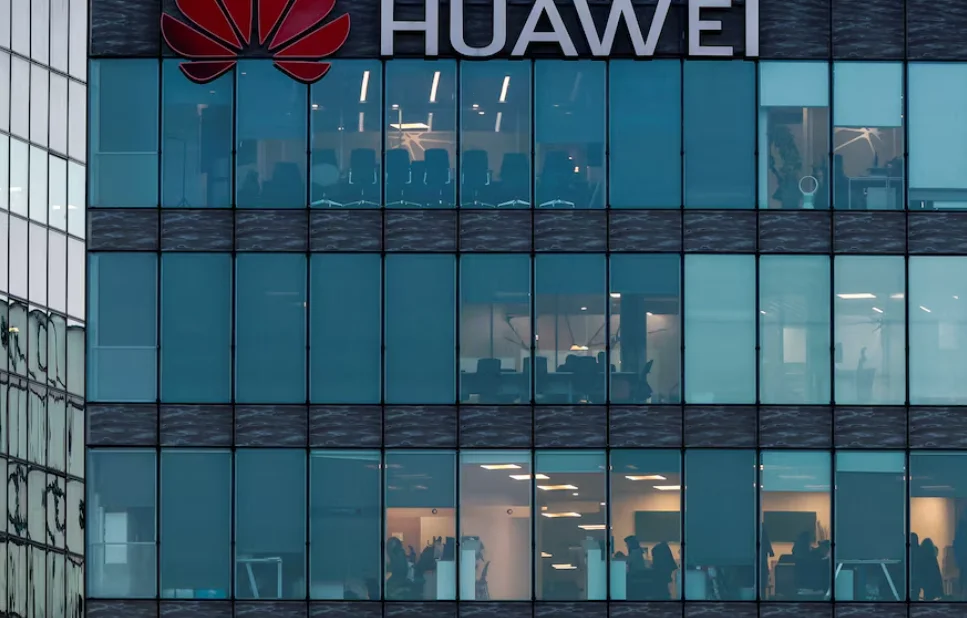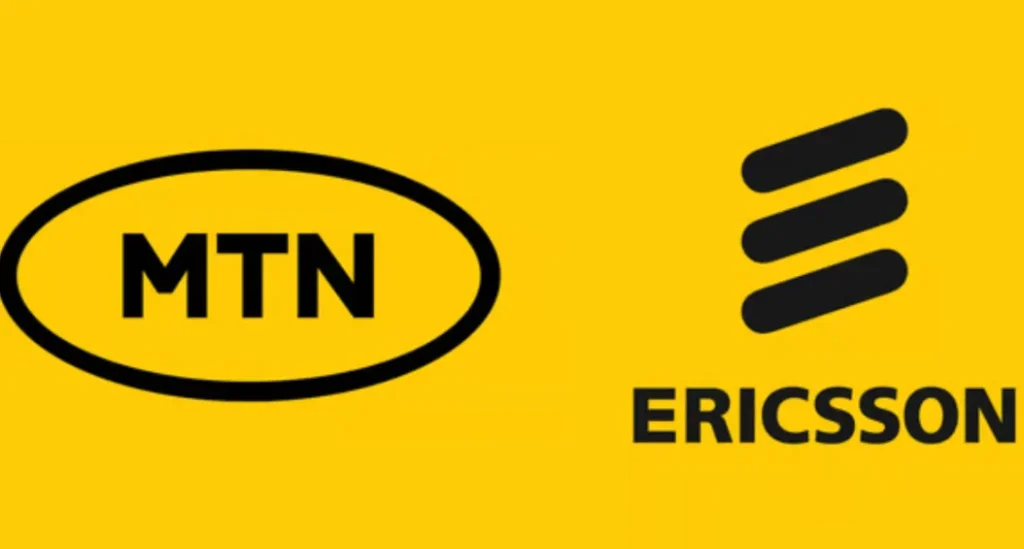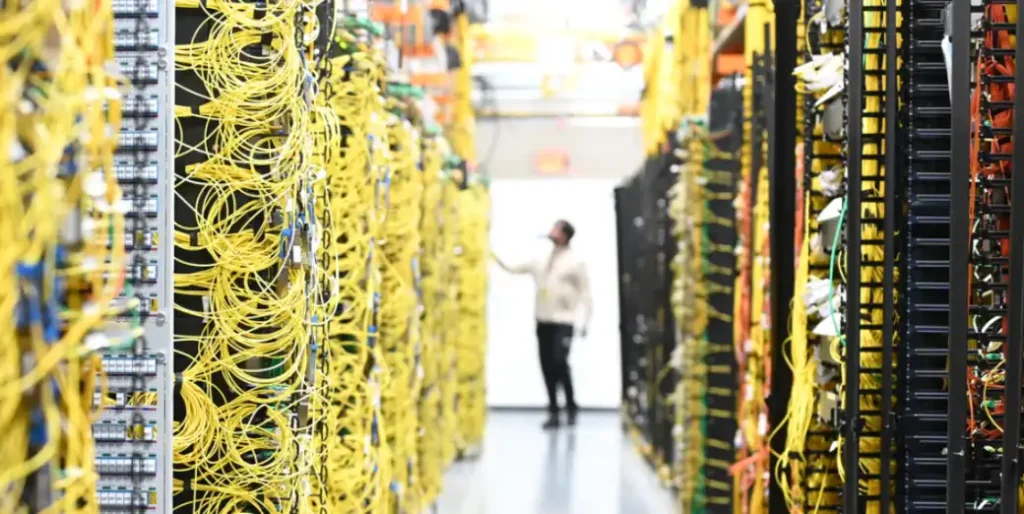Huawei Technologies is actively exploring AI chip deals in the Middle East and Southeast Asia as it aims to expand its global footprint and compete with U.S. chipmaker Nvidia, according to a report by Bloomberg News on Thursday.
Huawei Offers Ascend 910B AI Chips to Overseas Markets
The Chinese telecom giant has approached potential buyers in:
- United Arab Emirates (UAE)
- Saudi Arabia
- Thailand
Huawei is offering its older-generation Ascend 910B AI chips, reportedly in quantities ranging from the low thousands. The exact figures remain unclear.
According to sources cited by Bloomberg, no finalised deals have been secured yet. UAE buyers reportedly showed no immediate interest, while the status of negotiations in Thailand remains uncertain.
Huawei Faces Export Challenges but Targets New Markets
With the U.S. government maintaining strict export controls on advanced chip technology to China, Huawei is positioning itself as an alternative supplier in emerging AI markets.
The company is also promoting remote access to CloudMatrix 384, a China-based AI system built using more advanced Huawei chips. However, these newer chips are not yet available for export due to limited supply.
Middle East: A Growing AI Chip Market
The Middle East is becoming a key battleground for AI chip providers. U.S. tech giants, including Nvidia, have already announced major deals in the region.
In May, President Donald Trump secured $600 billion in commitments from Saudi Arabia for U.S. technology companies during a regional tour, highlighting the strategic importance of this market.
Huawei’s Dual Strategy: International and Domestic Sales
While pursuing international deals, Huawei is also focusing on domestic sales in China, offering its Ascend 910C AI chips to Chinese firms that cannot access American chips due to ongoing U.S. export restrictions.
An Nvidia spokesperson commented:
“With the current export controls, we are effectively out of the China datacenter market, which is now served only by competitors such as Huawei.”
U.S.–China Tech Tensions Impact Global AI Chip Market
Successive U.S. administrations have tightened restrictions on China’s access to advanced chip technology, citing concerns that it could support Beijing’s military development.
Huawei’s move to market AI chips abroad signals its intent to stay competitive despite these challenges, offering alternatives where U.S. companies may face limitations due to policy restrictions.
Huawei Expands AI Chip Push Beyond China
Huawei’s efforts to secure AI chip deals in the Middle East and Southeast Asia highlight a broader strategy to grow its presence in global tech markets. While facing supply constraints and geopolitical headwinds, the company is steadily positioning itself as China’s strongest competitor to U.S. chip giants like Nvidia.












